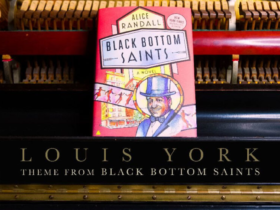Now in their 80s and 90s, having faced down racism and neglect, musicians of Caribbean heritage are still centre stage in the adopted country where they’ve enriched music in so many ways
When the Empire Windrush docked at Tilbury in 1948, passengers disembarking included Trinidadian calypsonians Lord Beginner, Lord Woodbine, Monica Baptiste and Lord Kitchener, the latter serenading the Pathé News film crew with an a cappella version of his song London Is the Place For Me. Until the Commonwealth Immigrant Acts (1962, 1968, 1971) produced a hostile environment for Caribbean nationals wanting to emigrate, many West Indian musicians would follow them, introducing everything from ska to soca. A handful of them would achieve international success; others would be broken by their experiences. Most were overlooked and would endure many privations, but they all enriched British music in myriad ways.
“I suppose we made some kind of impact,” says the self-effacing Michael “Bami” Rose as he reflects on their legacy ahead of this week’s Windrush 75 commemorations. Bami is preparing for tonight’s residency at Brixton’s Effra Tavern with Jamaican Jazz, an ensemble formed in the early 1990s that paired veterans – Rose, the late trombonist Rico Rodriquez, percussionist Tony Uter, trumpeter Eddie “Tan-Tan” Thornton – with younger Black British players. Rodriquez died in 2015 and Thornton is ailing, but Rose and Uter, 80 and 94, respectively, continue to lead a dynamic outfit. “Musicians play until their teeth drop out!”, Rose says.
